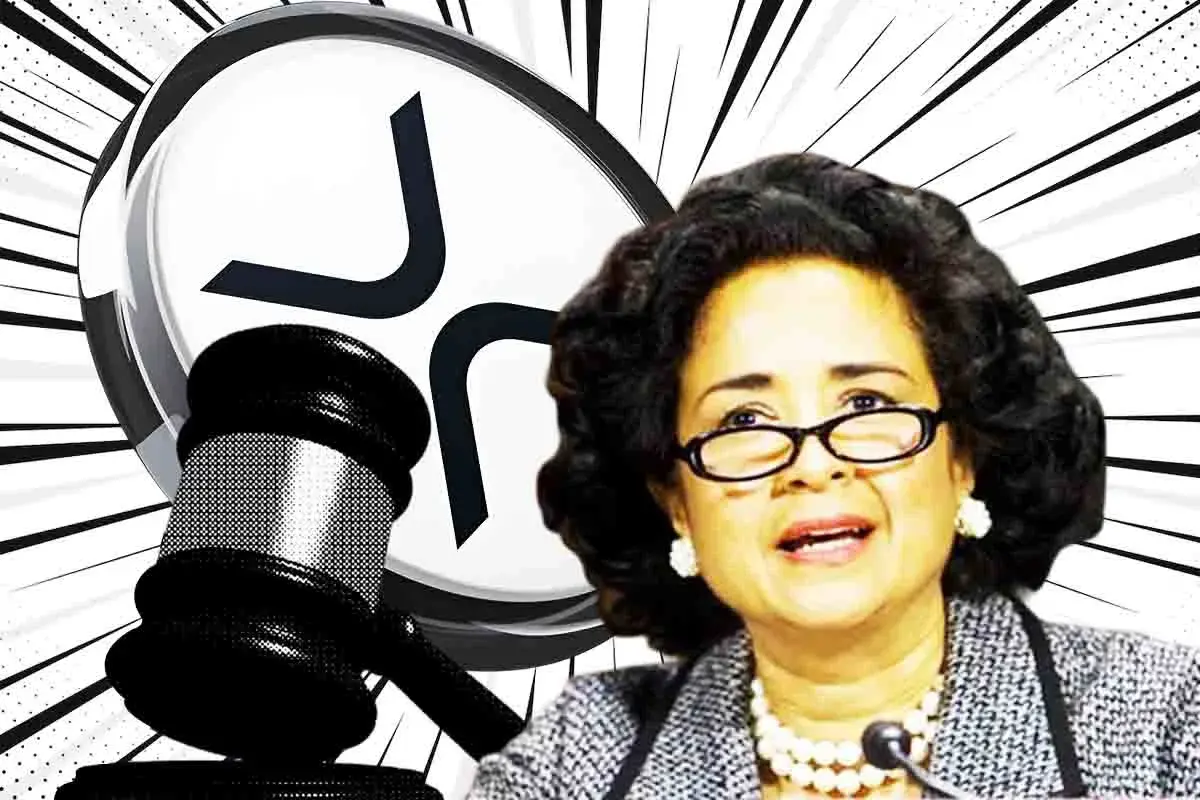
In the digital arena, a fierce battle rages—the gender wars among Black men and women. The clash of ideologies—red pill versus blue pill versus purple pill—threatens to undermine the very fabric of the Black community. Let us dissect this conflict, explore its impact, and chart a path toward healing and unity.
The Red Pill: Unmasking Gender Realities
The cyberpunk blockbuster “The Matrix” introduced a powerful symbol—the red pill. In the manosphere, those who have been “red-pilled” see the world as it truly is. They believe they understand the “real” nature of women’s behavior and dating preferences1. However, this perspective often perpetuates division, reinforcing stereotypes and undermining collective progress.
The Blue Pill: Conformity To Norms
Those who embrace the “blue pill” ideology often adhere to societal norms and expectations without questioning their origins or implications.
Traditional gender roles are perpetuated, reinforcing the idea that men should be stoic providers while women should be nurturing caretakers.
The Purple Pill: Seeking Balance
The “purple-pilled” individuals stand at the crossroads, acknowledging both men’s and women’s challenges. They reject extreme ideologies, emphasizing that blaming each other is counterproductive. By challenging traditional gender roles and stereotypes, they strive for acceptance and understanding2.
The Ultimate Defeat: Fragmentation and Disempowerment
Erosion of Unity: The gender wars fracture the Black community. Instead of standing together, we find ourselves pitted against one another. The focus shifts from collective progress to internal strife.
Distracted Energy: While we argue over red pills and blue pills, urgent issues remain unaddressed—economic disparities, systemic racism, and educational inequities. Our energy dissipates, leaving us vulnerable.
Diminished Collective Power: A divided community loses its strength. When Black men and women fight each other, we weaken our ability to challenge external forces that perpetuate inequality.
Resolving the Gender War: A Way Forward
Listen and Learn: Create safe spaces for dialogue. Listen to survivors of gender-based violence. Believe their stories. By understanding their experiences, we can break the cycle of abuse.
Educate the Next Generation: Start conversations early. Challenge gender stereotypes. Teach consent, bodily autonomy, and accountability. Empower young advocates with information about women’s rights.
Invest in Services: Ensure essential services for survivors of violence—shelters, helplines, counseling—are available. Bridge funding gaps. Invest in prevention initiatives and data collection.
Promote Unity: Reject victim-blaming. Encourage empathy. Recognize that both men and women face challenges. Our strength lies in solidarity.
Let us heed the call for unity. Together, we can mend the fractures and build a stronger, more resilient Black community.
Disclaimer: The views expressed in this response are based on societal observations and should be explored further through ongoing dialogue and understanding






